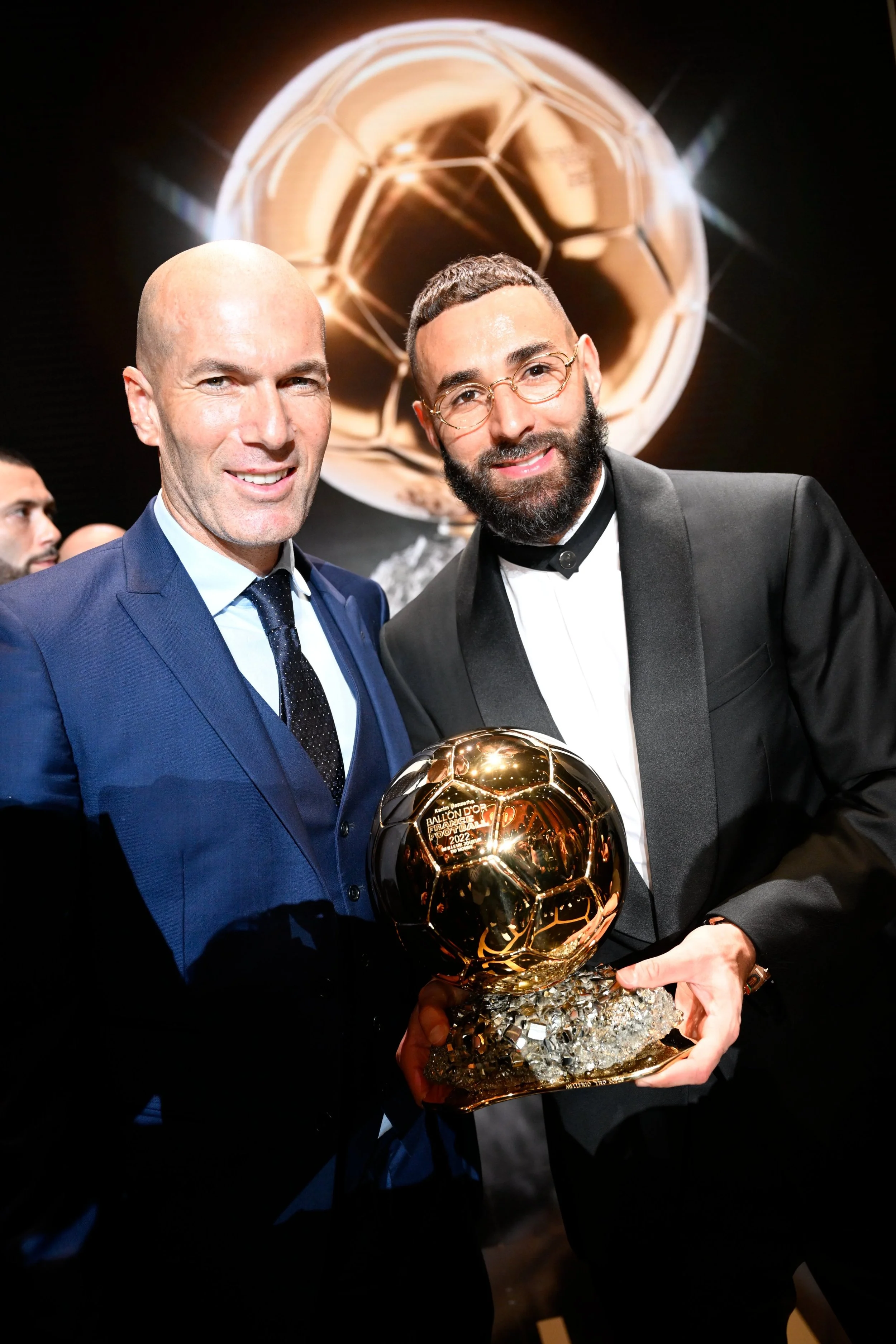“No, But Where Are You Really From?” | Why Immigration And Football Are Intrinsically Linked At The FIFA World Cup
As Breel Embolo became the first player in World Cup history to score against the country of their birth, when he scored in Switzerland’s 1-0 win over Cameroon, I couldn’t help but wonder about second and third generation immigrants all over the world who have the privilege of choosing which country they will represent at the highest level of football.
As we have seen in the news in the UK recently, the perception of national identity can differ wildly depending on whether one is a 2nd or 3rd generation immigrant, versus an individual who sees themself as a ‘native’. This is despite the fact that human history is defined by immigration and indeed emigration.
“Where are you really from?” is perhaps one of the most loaded questions, even if sometimes an innocent one, that someone can be asked. I’m 100% sure that many of these footballers, Embolo included, have been asked that countless times. The use of the word ‘really’ gives the game away; the admission of scepticism that someone with a different ethnic origin could really be ‘from’ the same country.
Personally, any enquiry about my family’s country of origin feels logical and harmless, but to ask me where I am ‘really’ from, when I presumably just told you, is incredibly jarring to say the least.
Do ‘we’ ask 4th or 5th generation white American or European immigrants the same question? Why do we happily and unquestioningly accept people of European descent as ‘native’, when they are immigrants too?
This naturally leads many immigrants to strange places, mentally. An identity crisis can indeed be a way of life for some, something constantly battled against. Do you fight for ‘acceptance’ and try hard to fit in, rejecting the fullness of your ethnicity, or do you rebel against this notion and instead take overt pride in your culture of origin, actively eschewing the ‘native’ one? Or, do you try to straddle the line between the two? Maybe you simply see yourself as yourself, with no need or desire to fit yourself into any of these boxes. Of course, no set of countries or people are a monolith, and therefore your mileage may vary depending on where, when and how you were raised.
Zidane on his relationship with Karim Benzema:
“I’m almost a big brother to Karim. That’s what we both like to call each other: little brother and big brother. We have more or less the same background: he is from Lyon, I am from Marseille, but apart from that… We really have a lot of things in common, right down to our origins: our families come from nearby villages in Algeria, in little Kabylia, we talked about it several times”.
Then, we must factor in fear of the ‘other’; a suspicion that all this immigration and multiculturalism is a destruction of ‘native’ culture by stealth, a tearing apart of the social fabric of society, perhaps even a drain on national resources, no matter what the experts and statistics say.
All of this, of course, brings me back to football. Anyone who pays any attention to English Football will know about the racial abuse suffered by Marcus Rashford, Jadon Sancho and Bukayo Saka after they missed penalties in the Euro 2020 Final. The ‘good’ immigrants no longer, a wave of racial abuse surged and destroyed any brittle notion that racism was consigned to history by the British public, something that anyone who does not identify as ‘White British’ could have told you; I am sure that Harry Kane (of Irish descent) will be spared the racial abuse. However, this is not just a British problem, and any framing of the matter as such would be extremely dishonest.
“If I could go back in time, I would have chosen to represent my home country Senegal, instead of France… when you play and you win, you are celebrated as French, but when the team loses, you are singled out as Senegalese. We need to let this young generation know that they can still succeed playing for their original countries”
As Karim Benzema, Mesut Özil, or Patrice Evra will tell you, public sentiment can be fickle. “I am German when we win but I am an immigrant when we lose.” If even an international footballer as accomplished and distinguished as Mesut Özil can feel this way, you can easily imagine how others may feel. What does it mean to be a German in 2022? Do absolutely zero ‘native’ Germans approve of Erdogan in any way? Is he a totally reviled figure? I suspect that the answer is no and as most things there is a degree of nuance across the board. But in a world where being a proud Irish American President is seen as perfectly normal, not worthy of even a second thought, what marks Mesut Özil or Karim Benzema out as particularly worthy of suspicion?
Mesut Özil retired from International Football in 2018 after Germany exited the tournament in the group stages, believing that he had been unfairly singled out for criticism after he had been pictured with Turkey’s President Recep Tayyip Erdoğan, who later attended Özil’s wedding
“I am German when we win but I am an immigrant when we lose”
I won’t pontificate about the benefits of immigration, or about the fact that ‘expat’ is just a fancy word for immigrant, but it’s important to note that we’re all trying to find our place in the world, and anyone trying to do that while enriching your life or society in some small way should be celebrated, or at the very least appreciated, regardless of where they are from or how their name sounds.
So, as we continue to ‘focus on football’, let’s take a moment to remember that humans have left their ancestral homes to seek pastures new for many millennia; as humans always have done, always do, and will always continue to do. After all, this is our story.
So, who would you ‘really’ play for? The country of your birth, the country of your family’s origin, the country of your naturalisation, or simply a different country you admire? If you have dual nationality, how would you feel playing against the other country? Let us know in the comments below!


